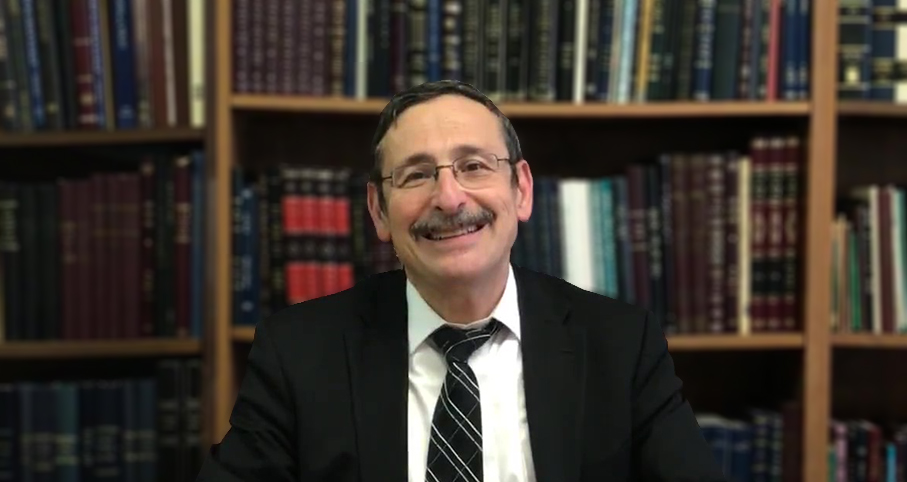Beit Midrash
- Shabbat and Holidays
- Jewish Holidays
- Sefirat Haomer
The Omer is different. The Torah says to start counting from the day after the Sabbath, which means the first day of Passover and for 7 weeks. The Torah emphasizes the Omer starts from Pesach and ends on Shavuot, but despite this, the first day of Passover and Shavuot are not part of the counting. The Torah gave the Omer three separate parts, a beginning,a middle and an end, the question is What does it mean?
Back to the story. Initial and middle portions of the story are the process, the steps from the opening to the end point. Sometimes the only goal is to reach the end and then we do not care what was in the beginning and what happened in the middle, as long as we get to the end. A good story is different. We understand the importance of the beginning to set the scene , and we want to get to the end, BUT the point is to enjoy the process in between. Only fools skip to the last page of the book!
This idea is also true for the Omer. There is a stage of leaving Egypt, a physical slavery to physical freedom . There is the final stage of the receiving of the Torah, building a spiritual level above the physical world, and there is the process. Some look at the days of the Omer as days of expectation for the Torah, we count the days and wait (impatiently) for Shavuot.
Although this explanation is true, the Omer has a deeper meaning. These days are not just days of expectation, but also days of work, of progress and process from the start point to end. In the process of leaving Egypt and becoming a nation we distinguish between the initial state which stands for itself, the goal at the end which stands for itself and the process. All of these are important and each one of these days has its meaning.
The Omer days are not only the days between Passover and Shavuot, but the days that allow us to go from Passover to Shavuot. We are not just waiting for the days to pass, but rather go through a process so we are able to receive the Torah.

Ask the rabbi: what are the different customs for observing the "Sefira?"
Rabbi Stewart Weiss | 10 Nissan 5784

Independence Day, Jerusalem Day, and Sefirat HaOmer
Rabbi Shabbtai Sabbato | Iyar, 5761
5. Weddings and Engagements during the Omer Period
Chapter 3: Customs of Mourning during the Omer Period
Rabbi Eliezer Melamed | Tishrei 30 5782























